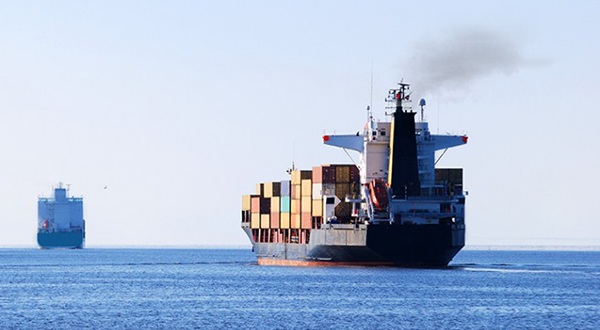The EU research and innovation framework programme is backing the €25m ‘Fuel flexible, near-zero emissions, adaptive performance marine engine’, or HERCULES-2, project which aims to realise a fuel-flexible large marine engine which can optimally adapt to its operating environment.
The University of Vaasa in western Finland is one of the participants in the venture, which is being co-ordinated by the National Technical University of Athens and includes contributors from across the continent. The European Commission is contributing €16.8m to the project, of which the University of Vaasa is receiving €1.5m.
Seppo Niemi, professor of energy technology at Vaasa, says HERCULES-2 will be the first project involving experimental research conducted in the university’s new energy laboratory, which is currently being built in Palosaari and recently received significant funding from Tekes.
Niemi said an aim of the project was “improving fuel flexibility for seamless switching between different fuel types, developing adaptive control methodologies and achieving near zero-emissions”. He added that the venture was a great opportunity for the university and he hoped it would advance doctoral dissertations.
The innovation action runs until 2018.
Source: horizon2020projects.com
In the origin, I was open with you propecia before and after has changed my subsistence. It has become much more fun, and now I have to run. Just as it is improbable to sit.






























































